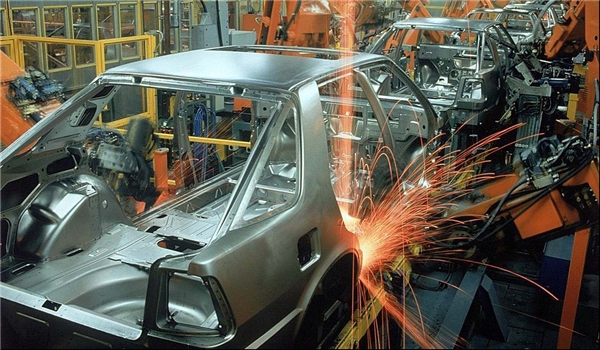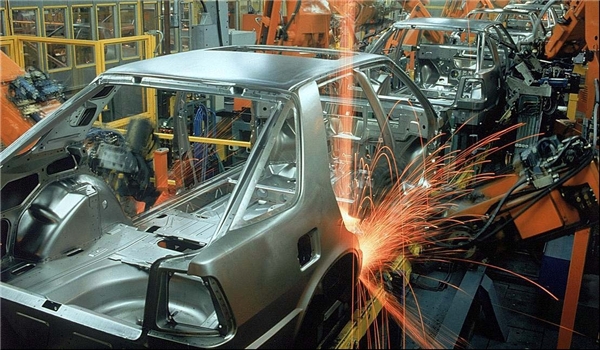 TEHRAN (FNA)- South Korean Ambassador to Tehran Sung Wung Yeub in a meeting with Head of Iran's Trade Promotion Organization (TPO) Valiollah Afkhamirad on Wednesday said his country plans to launch production plants in Iran to manufacture various goods and products, including cars and home appliances.
TEHRAN (FNA)- South Korean Ambassador to Tehran Sung Wung Yeub in a meeting with Head of Iran's Trade Promotion Organization (TPO) Valiollah Afkhamirad on Wednesday said his country plans to launch production plants in Iran to manufacture various goods and products, including cars and home appliances.Explaining the advantages of the start of Korean assembly lines in Iran, the envoy said, "In case production lines of South Korean factories are transferred to Iran, we can export our products to Iran's neighboring countries and Europe under better conditions."
He underlined that South Korean companies are gradually expanding their cooperation with Iran due to the good agreement between Iran and the Group 5+1 (the five permanent UN Security Council members plus Germany).
Afkhamirad, for his part, said that Iranians believe South Korean goods have good quality and Koreans can seize the current opportunity created by the Iran-G5+1 interim agreement and launch production lines of quality cars and home appliances to pave the way for the transfer of their manufacturing technology to Iran.
He noted that the investment law in Iran's special economic and free zones has been eased for the foreigners, and offered that "South Koreans can have easier cooperation with Iran through these zones".
On Tuesday, a senior South Korean diplomat underlined the enthusiasm of his country's traders and companies to increase their presence in the Iranian markets.
"Korean traders and investors are interested in returning to the Iranian markets following the Geneva agreement," South Korea's Political Attach� in Tehran Park Niyung said in a meeting with Hamidreza Taraqqi, the director of Iran's Mo'talefeh Eslami (Islamic Coalition) Party for international affairs yesterday.
Taraqqi, for his part, said the West's unilateral sanctions against Iran have harmed the Korean economy and investors, and underlined, "Korean traders should bypass the sanctions and increase their economic relations with Iran."
On January 20, Iran and the six powers (the five permanent UN Security Council members plus Germany) started the implementation of the historic nuclear deal which the two sides struck in the Swiss city of Geneva on November 24, 2013.
After endorsing the agreement with the world powers, Iranian Foreign Minister Mohammad Javad Zarif underlined that the six world powers have recognized Iran�s enrichment program.
As part of the deal, in exchange for Iran�s confidence-building bid to limit certain aspects of its nuclear activities, the six world powers agreed to lift some of the existing sanctions against Tehran.
By Fars News Agency
The Iran Project is not responsible for the content of quoted articles.











